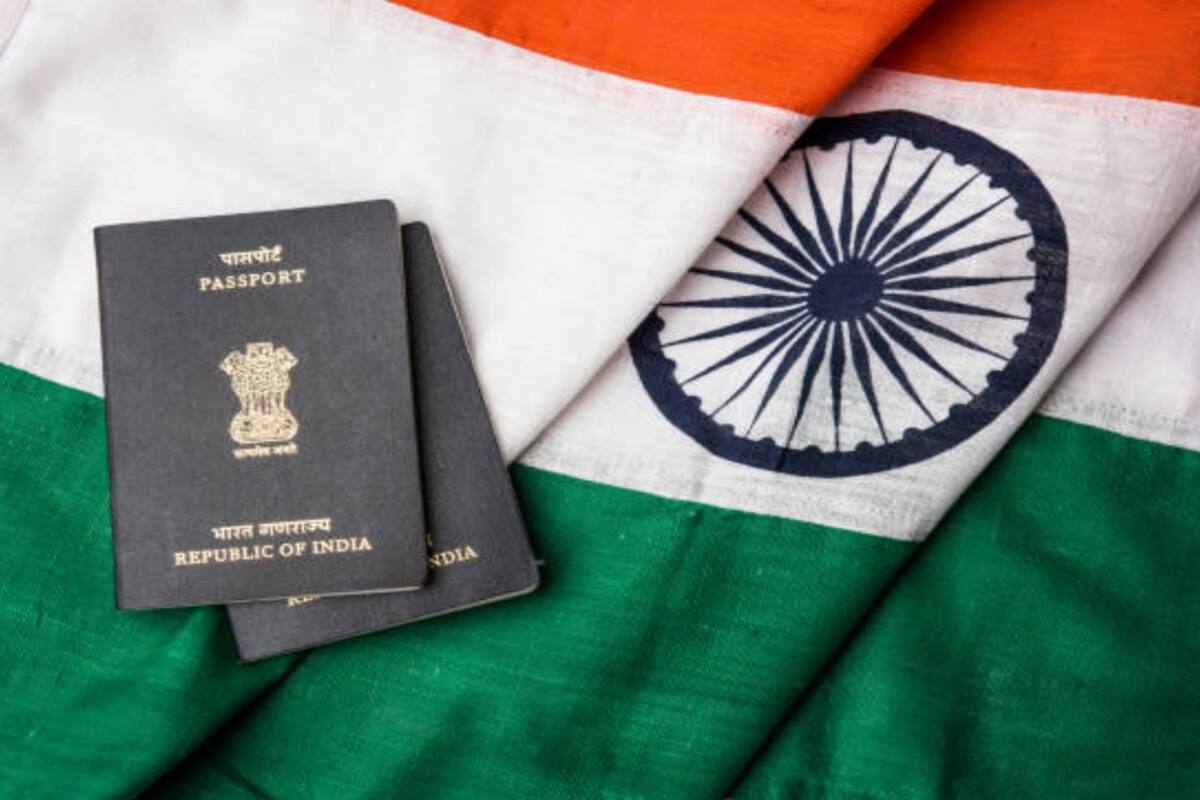Introduction:
Many travelers dream of exploring the vibrant culture and rich history of India, but sometimes their plans hit a roadblock when their Indian visa application gets rejected. Receiving a visa rejection can be frustrating and disheartening, but it’s essential to know what steps to take next. In this article, we will explore the common reasons why Indian visa rejected and provide guidance on how to proceed if you find yourself in this situation.
Common Reasons for Indian Visa Rejection:
- Incomplete Documentation: One of the most common reasons for visa rejection is submitting incomplete documentation. Make sure to double-check all required documents before submitting your application.
- Criminal Record: If you have a criminal record, especially for offenses related to drugs, fraud, or terrorism, your visa application is likely to be rejected.
- Lack of Financial Proof: Indian authorities want to ensure that travelers have enough funds to support themselves during their stay. If you fail to provide sufficient financial proof, your visa application may be denied.
- Incorrect Information: Providing incorrect or misleading information on your visa application can lead to rejection. It’s crucial to be honest and accurate when filling out the application.
What to Do If Your Indian Visa Is Rejected:
- Review the Rejection Letter: The first step is to carefully review the rejection letter provided by the Indian consulate. This letter will usually INDIAN VISA FOR IRELAND CITIZENS outline the reasons for the rejection, allowing you to address any issues in your next application.
- Seek Legal Advice: If you believe that your rejection was unjust or unfair, you may want to seek legal advice. A legal expert specializing in visa applications can help you navigate the appeal process.
- Reapply with Corrected Information: If the rejection was due to incorrect information or missing documentation, you can reapply for the visa with the necessary corrections. Ensure that all required documents are complete and accurate this time.
- Address the Reason for Rejection: If your rejection was due to a specific reason, such as a criminal record or lack of financial proof, address this issue in your new application. Provide additional supporting documents if needed.
- Wait for a Reasonable Period: In some cases, visa rejections are temporary, and you may be able to reapply after a certain period. Wait for a reasonable amount of time before submitting a new application.
Conclusion:
While receiving a rejection on your Indian visa application can be disheartening, it’s important to stay calm and take the necessary steps to address the issue. By understanding the common reasons for rejection and following the guidelines provided in this article, you can increase your chances of securing an Indian visa in the future. Remember to double-check all documentation, provide accurate information, and address any specific reasons for rejection in your new application. With perseverance and the right approach, you can turn your visa rejection into a successful approval.

Leave a Reply